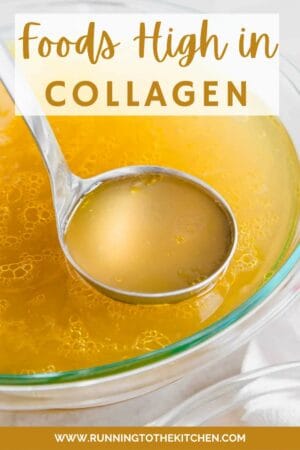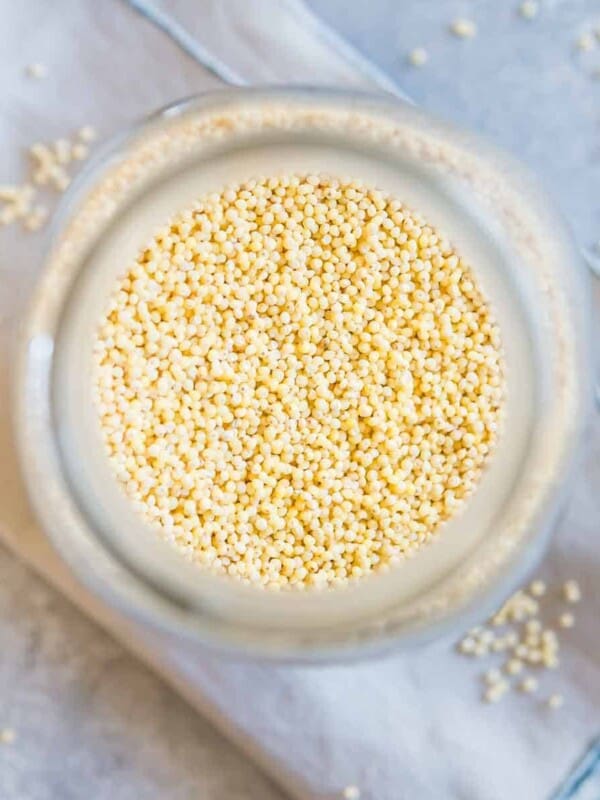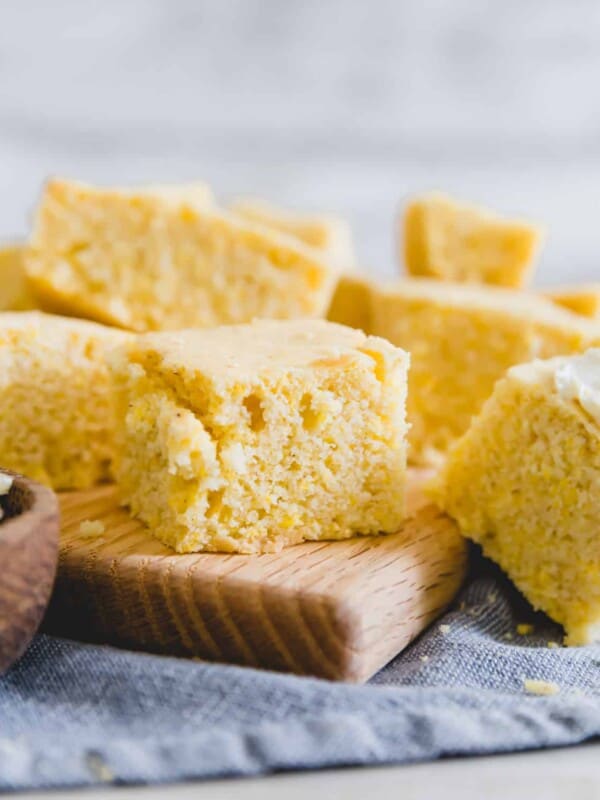Imagine waking up one morning, looking in the mirror and noticing a visible improvement in the health and radiance of your skin. Sounds like a dream? Achieving a youthful glow could be as simple as incorporating certain foods high in collagen into your diet.
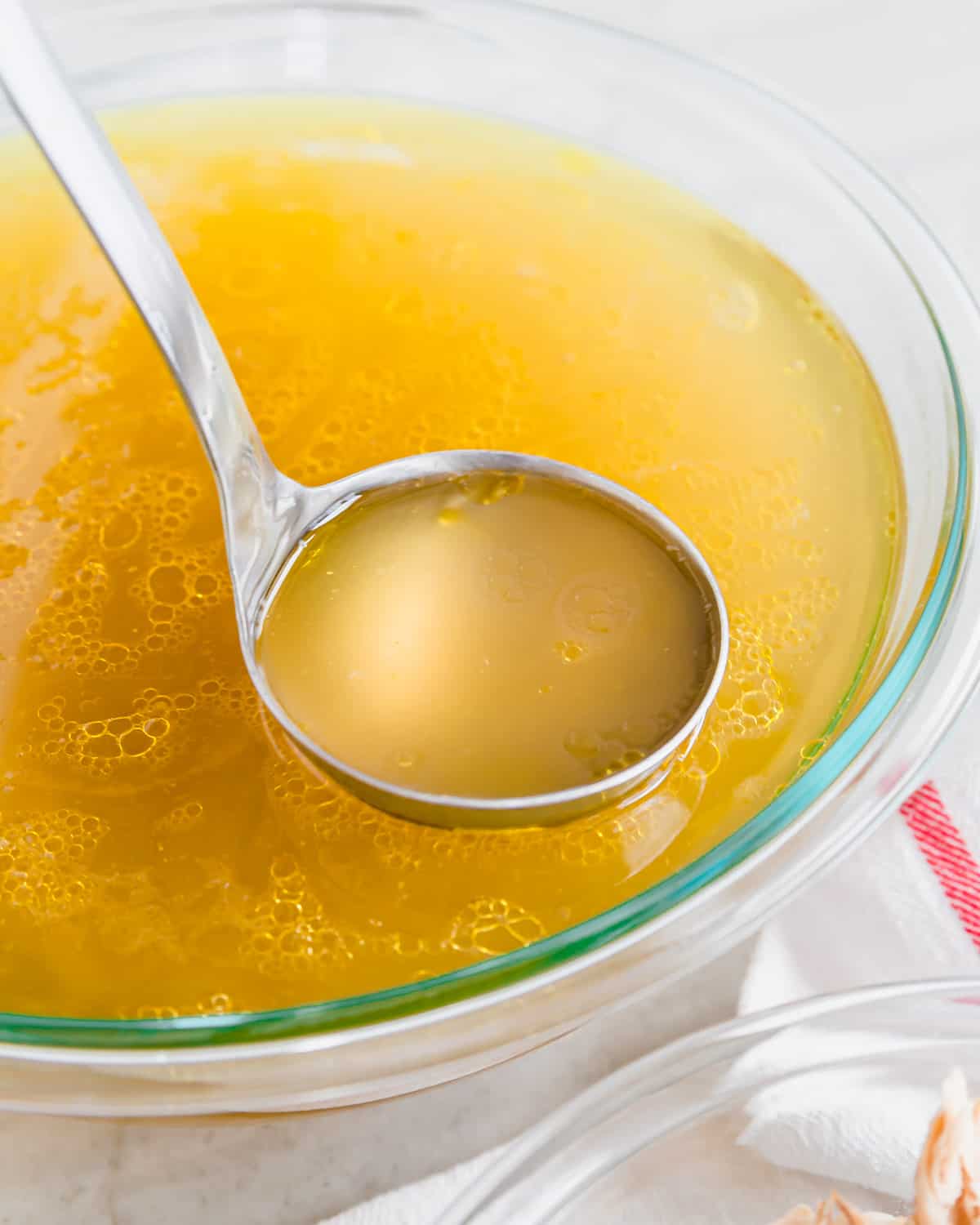
Understanding the importance of collagen for your body
Collagen is crucial in maintaining the strength and integrity of your skin’s structure. Think of it as the glue that holds everything together, ensuring your skin remains firm and supple. Without enough collagen, our skin can become saggy and lose its elasticity.
Eating well is one simple wellness tip to consider when making health-related lifestyle changes. Learning more about whole food choices can be a great way to maximize nutrition.
A 2021 study published in Int J Dermatol notes that collagen supplementation has a positive effect on the following:
- Skin hydration
- Elasticity
- Wrinkles
- Skin aging
- Firmness
An earlier study from 2019 adds additional metrics of skin roughness and density. Their conclusion is likewise positive on all accounts.
Collagen isn’t just about keeping your skin looking youthful. It also contributes to healthy hair and joint flexibility as well.
Think of collagen as the building blocks for connective tissues in your body. Not only does it support the structure of your skin, but it also strengthens bones, ligaments, tendons and other connective tissues throughout your body.
To boost collagen synthesis naturally, you can incorporate foods high in collagen into your diet and enjoy the benefits of unprocessed foods with all the naturally occurring cofactors. Cofactors like vitamin C, sulfur and other trace minerals have an essential role in collagen production and must be added to the equation.

Top 13 collagen-rich foods to enjoy
Revitalize your well-being by incorporating collagen-rich foods into your diet. These nutrient-packed options could be a game-changer if you’re grappling with low collagen levels.
Not all food sources are created equal, and the exact amount of collagen will vary by food source. All in all, these foods can be valued in anyone’s diet who is looking to boost collagen levels.
- Bone broth: A collagen-rich elixir made from simmering bones over low heat for a long time. You can enjoy homemade bone broth or buy it from the grocery store.
- Fish: Fatty fish like salmon, sardines and tuna are high in collagen and omega-3 fatty acids.
- Poultry: Skin-on chicken and turkey are the best collagen-rich protein options to add to salads, sandwiches or stir-fries.
- Organ meats: As nutrient-dense powerhouses of bioavailable nutrition, organ meats might be the cheapest way to get the most all-around nutritional bang for your buck.
- Homemade gelatin or gummy candies: Gelatin is a cooked form of collagen. You only need water, juice and powdered gelatin before making jiggly homemade gelatin or gummies. Tart cherry gummies are a great recipe to try and as a bonus, can help with your sleep too!
- Shellfish: Shrimp, crab, lobster and other mollusks offer a flavorful way to add dietary collagen.
- Pork rinds: Since pork skin is the main ingredient in pork rinds, they contain a notable amount of collagen.
- Beef: Steaks, short ribs and any cuts that include connective tissue will have collagen.
- Egg whites: An affordable proline source necessary for collagen production. Whether you prefer them boiled, scrambled or poached, eggs can be a versatile addition to your meals.
- Citrus fruits: These fruits don’t have collagen directly. However, vitamin C is integral to collagen production. Enjoy a citrus salad knowing you’re boosting your collagen levels.
- Leafy greens: Adding these fibrous greens to your meals may contribute to healthier skin and connective tissues because of their antioxidant properties that aid in collagen synthesis.
- Berries: Similar to citrus fruits, berries also contain vitamin C and may assist in the formation of collagen.
- Garlic: Enhance your cooking and bring sulfur to the meal with garlic. Regular consumption is helpful for collagen synthesis and could prevent the breakdown of collagen.
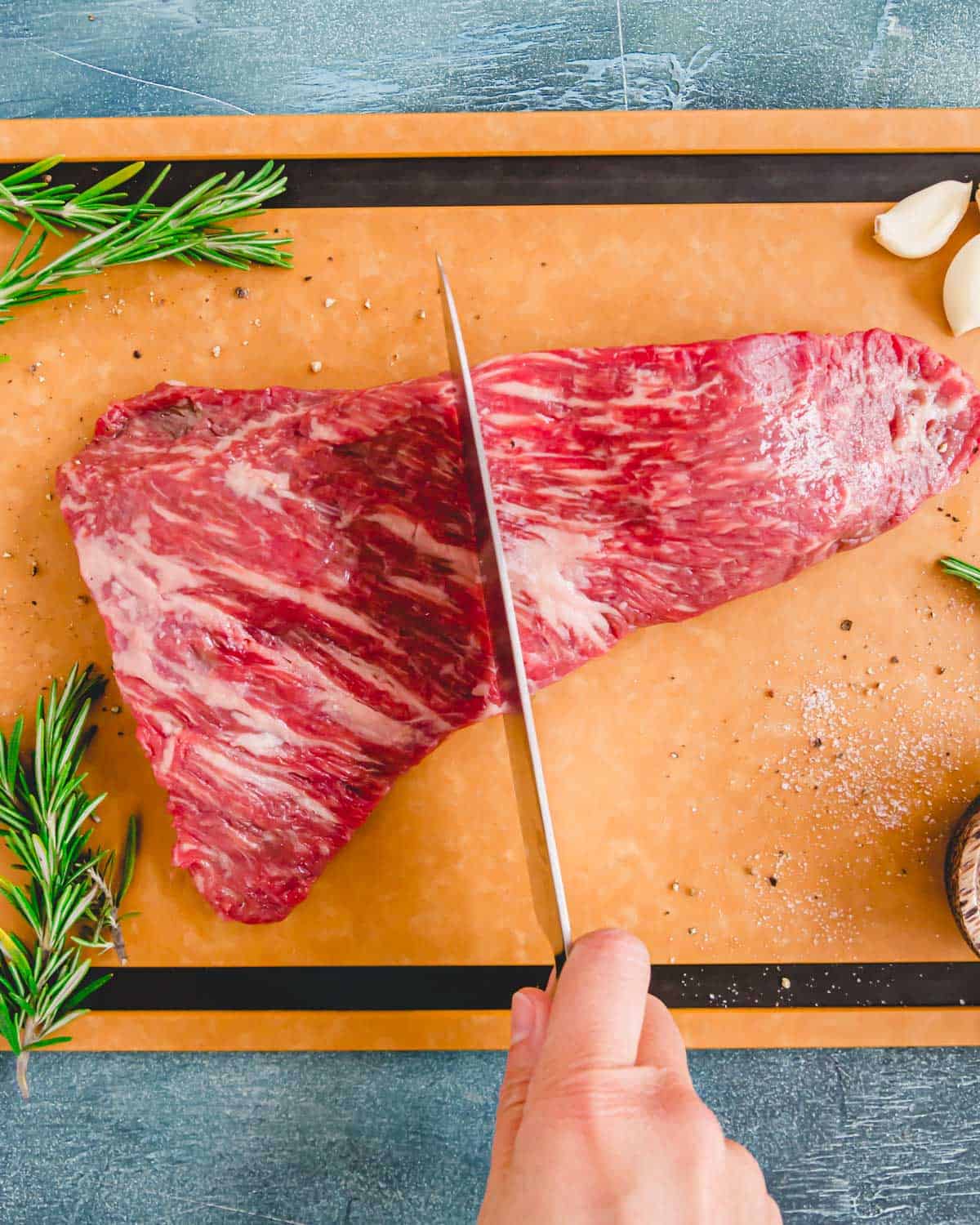
How to naturally increase collagen production through diet
Keep these other health-supporting foods on your radar in addition to the notable foods high in collagen. Next on the list are other dietary items that help naturally increase collagen production.
Boost collagen synthesis with amino acid-rich foods
To increase collagen production naturally, include foods high in amino acids in your diet. Amino acids are the building blocks of proteins, including collagen. Meats like beef, chicken and pork are excellent sources of amino acids. Legumes such as lentils and chickpeas have a partial amino acid profile and work as a plant-based alternative that can help stimulate collagen synthesis.
Next time you roast a chicken, save the carcass for bone broth and double dip in the benefits. I like adding beef marrow bones and chicken feet (from a stewing hen perhaps?) to the bones and using a pressure cooker to help speed up the process. Homemade broth is a great way to use bones and meal prep for the week.
Limit sugar consumption to preserve collagen
Excessive sugar consumption can impair collagen production and lead to premature skin aging. When you consume too much sugar, it attaches to collagen fibers in a process called glycation. This weakens the collagen structure and causes it to become stiff and less elastic over time.
Minimize sugary treats and choose healthier alternatives like fresh fruit or natural sweeteners. Some people find sugar-free keto treats are a good swap because they taste just as good as the original dessert but don’t have any sugar, grain, gluten and very few carbs.
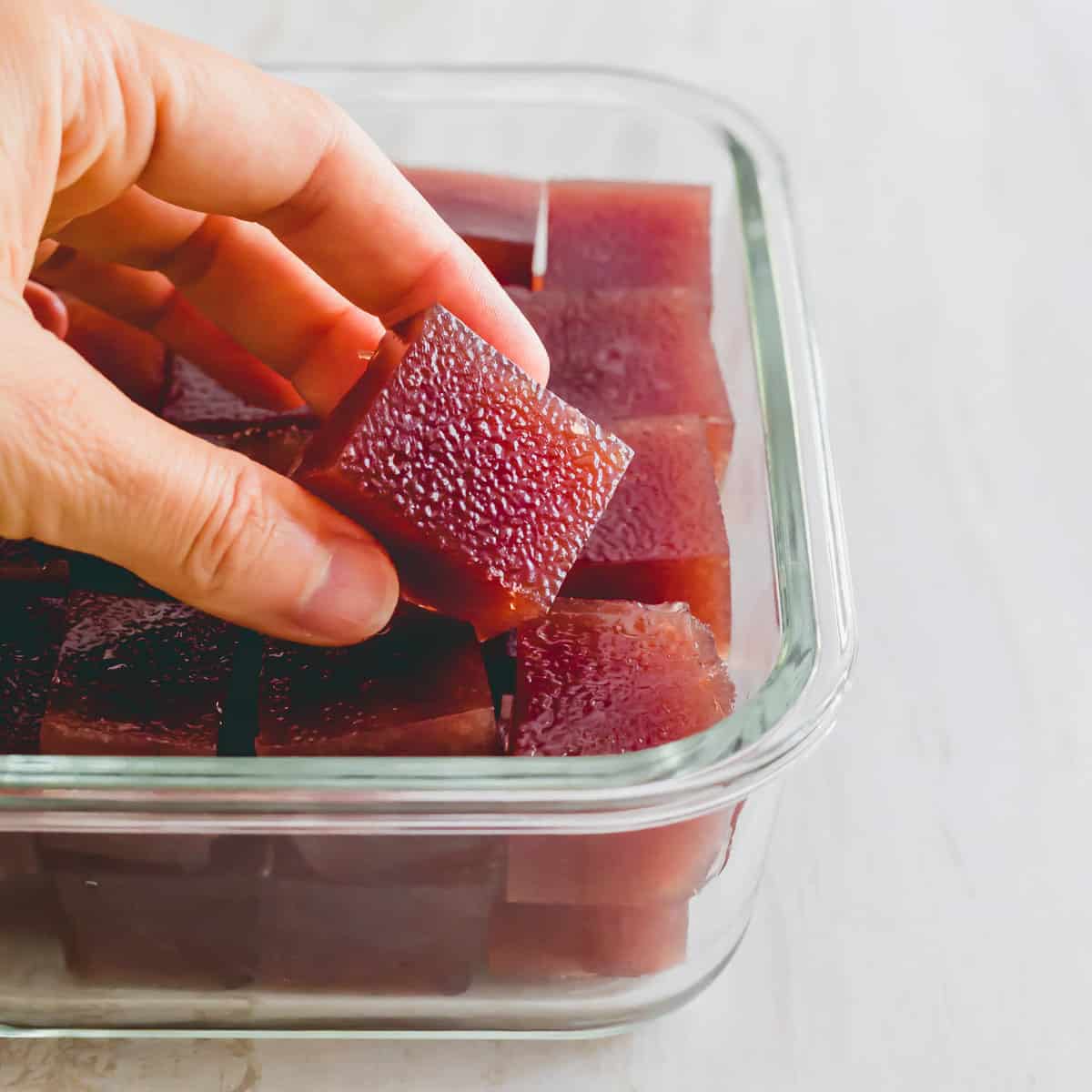
Embrace a collagen-rich diet for optimal health
Incorporating collagen-rich foods into your diet can significantly impact your overall health and well-being. By fueling your body with the nutrients it needs to produce collagen, you can support healthy skin, hair and other areas of your body.
In addition to foods high in collagen, essential cofactors include vitamin C-rich foods for stimulation, amino acid-rich foods for synthesis and antioxidant-rich foods for protection against damage. Keep sugar low to preserve existing collagen.
So, why wait? Make conscious choices about the foods you consume to boost your collagen levels naturally.
This article originally appeared on Food Drink Life.

Jessica Haggard
Jessica Haggard is a lifelong recipe lover, blogger and author of multiple cookbooks. She helps people find success with gluten-free, low-carb and keto cooking at Primal Edge Health. Her second blog, Easy Homemade Life, is dedicated to dishing up super simple, family-friendly recipes, DIY beauty care and natural homemaking tips.
